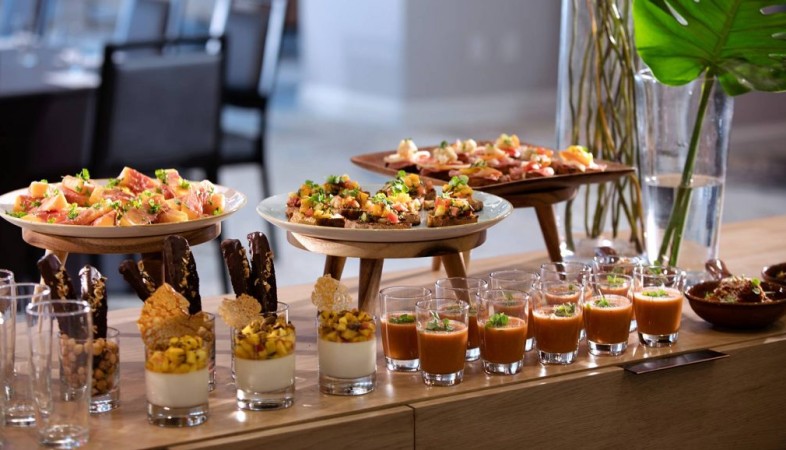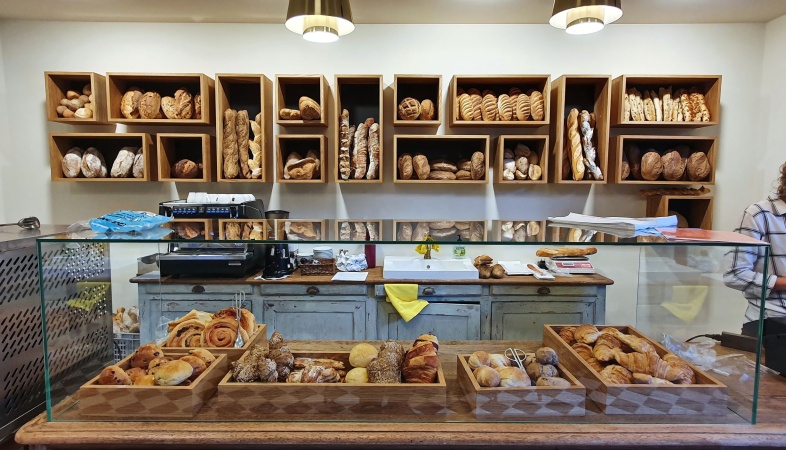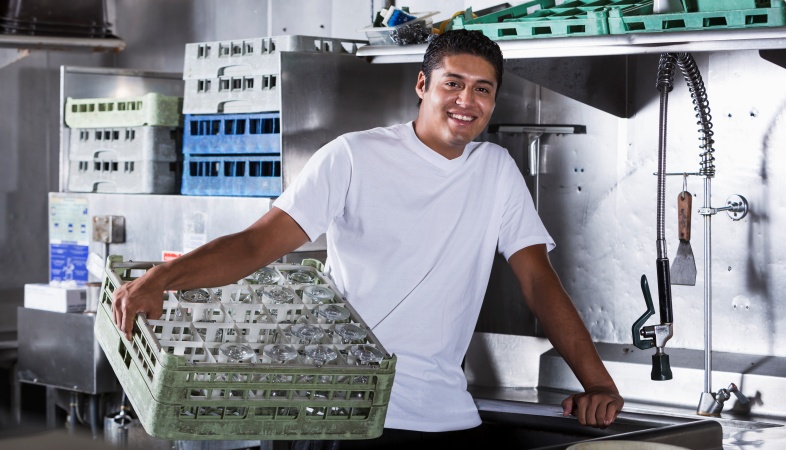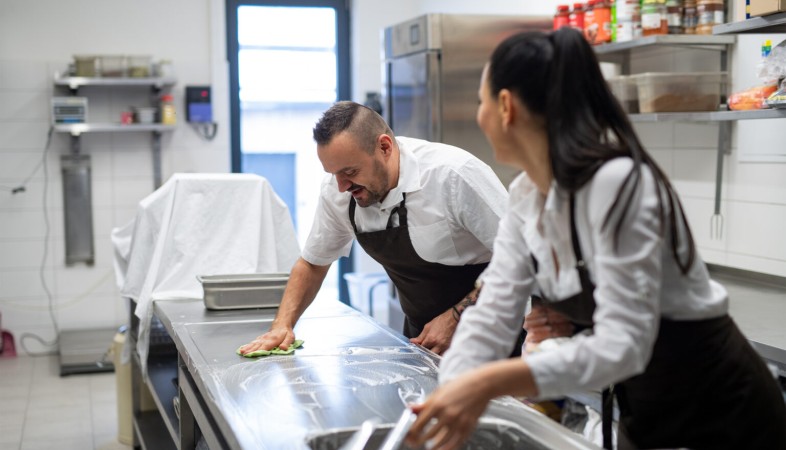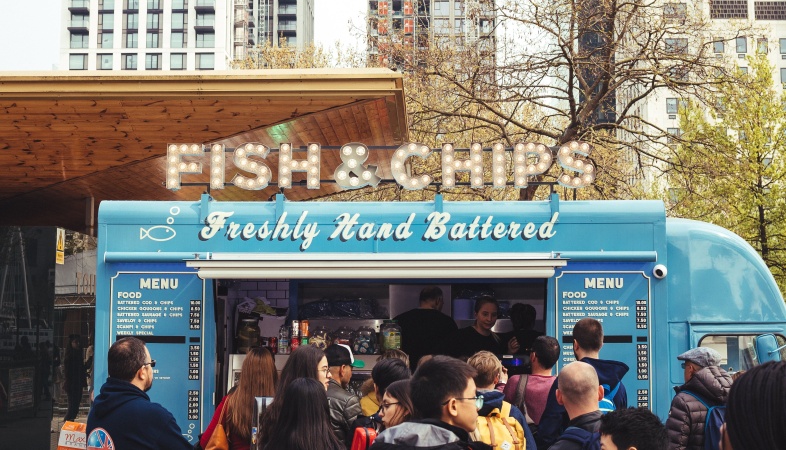The Role of Social Media in Restaurant Marketing
Social media provides restaurants with a platform to increase brand awareness and visibility among potential customers.
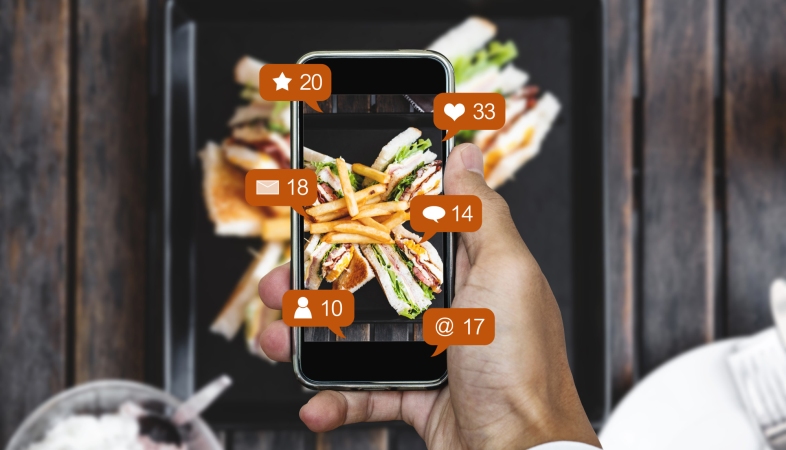
Social media has revolutionized the way restaurants market
their products and engage with customers. With platforms like Facebook,
Instagram, Twitter, and TikTok, restaurants have a powerful tool to reach a
wider audience, showcase their culinary creations, and build a loyal customer
base. In this article, we will explore the role of social media in restaurant
marketing and discuss strategies for leveraging these platforms effectively.
1. Building Brand Awareness:
Social media provides restaurants with a platform to increase brand awareness and visibility among potential customers. By consistently posting engaging content such as mouth-watering food photos, behind-the-scenes glimpses of kitchen operations, and chef spotlights, restaurants can attract attention and pique curiosity. Utilizing hashtags, geotags, and location-based features also helps restaurants reach local audiences and attract foot traffic.
2. Showcasing Menu
Offerings:
One of the most effective ways restaurants can utilize social media is by showcasing their menu offerings. High-quality photos and videos of signature dishes, seasonal specials, and culinary creations can entice followers to visit the restaurant or place an order. Additionally, interactive features like Instagram polls and Q&A sessions allow restaurants to gather feedback from customers and tailor their menu offerings based on popular demand.
3. Engaging with
Customers:
Social media enables restaurants to engage directly with their customers in real-time, fostering a sense of community and connection. Responding to comments, messages, and reviews promptly shows that the restaurant values customer feedback and is committed to providing excellent service. Hosting live events, such as virtual cooking classes or chef demonstrations, also allows restaurants to interact with their audience and showcase their expertise.
4. Promoting Special
Events and Promotions:
Restaurants can use social media to promote special events, promotions, and discounts to drive traffic and boost sales. Whether it's a happy hour special, a themed menu night, or a holiday promotion, social media platforms provide a cost-effective way to reach a targeted audience and generate buzz around upcoming events. Utilizing features like Facebook events and Instagram stories helps restaurants create excitement and encourage attendance.
5. Collaborating with
Influencers and Partners:
Partnering with influencers, food bloggers, and local businesses can help restaurants expand their reach and attract new customers. By collaborating on sponsored content, giveaways, or cross-promotional campaigns, restaurants can leverage the influencer's audience and credibility to gain exposure and credibility. Additionally, participating in community events and supporting charitable causes demonstrates the restaurant's commitment to social responsibility and community engagement.
6. Monitoring and
Analyzing Performance:
Social media analytics tools provide valuable insights into the performance of restaurant marketing efforts, allowing businesses to track key metrics such as engagement, reach, and conversion rates. By monitoring these metrics regularly, restaurants can identify trends, assess the effectiveness of their strategies, and make data-driven decisions to optimize their social media presence. Adjusting posting times, experimenting with different content formats, and refining targeting parameters based on analytics can help restaurants improve their marketing ROI over time.
7. Maintaining
Consistency and Authenticity:
Consistency and authenticity are key to building trust and credibility on social media. Restaurants should establish a cohesive brand identity across all platforms, including consistent messaging, visual aesthetics, and tone of voice. Sharing behind-the-scenes stories, highlighting staff members, and showcasing the restaurant's personality humanizes the brand and fosters a deeper connection with followers.
All in all, social media plays a crucial role in restaurant marketing, offering a powerful platform for building brand awareness, showcasing menu offerings, engaging with customers, promoting special events, collaborating with influencers, and monitoring performance. By leveraging these platforms effectively and staying true to their brand identity, restaurants can attract new customers, foster customer loyalty, and drive business growth in an increasingly digital world.
.png)




